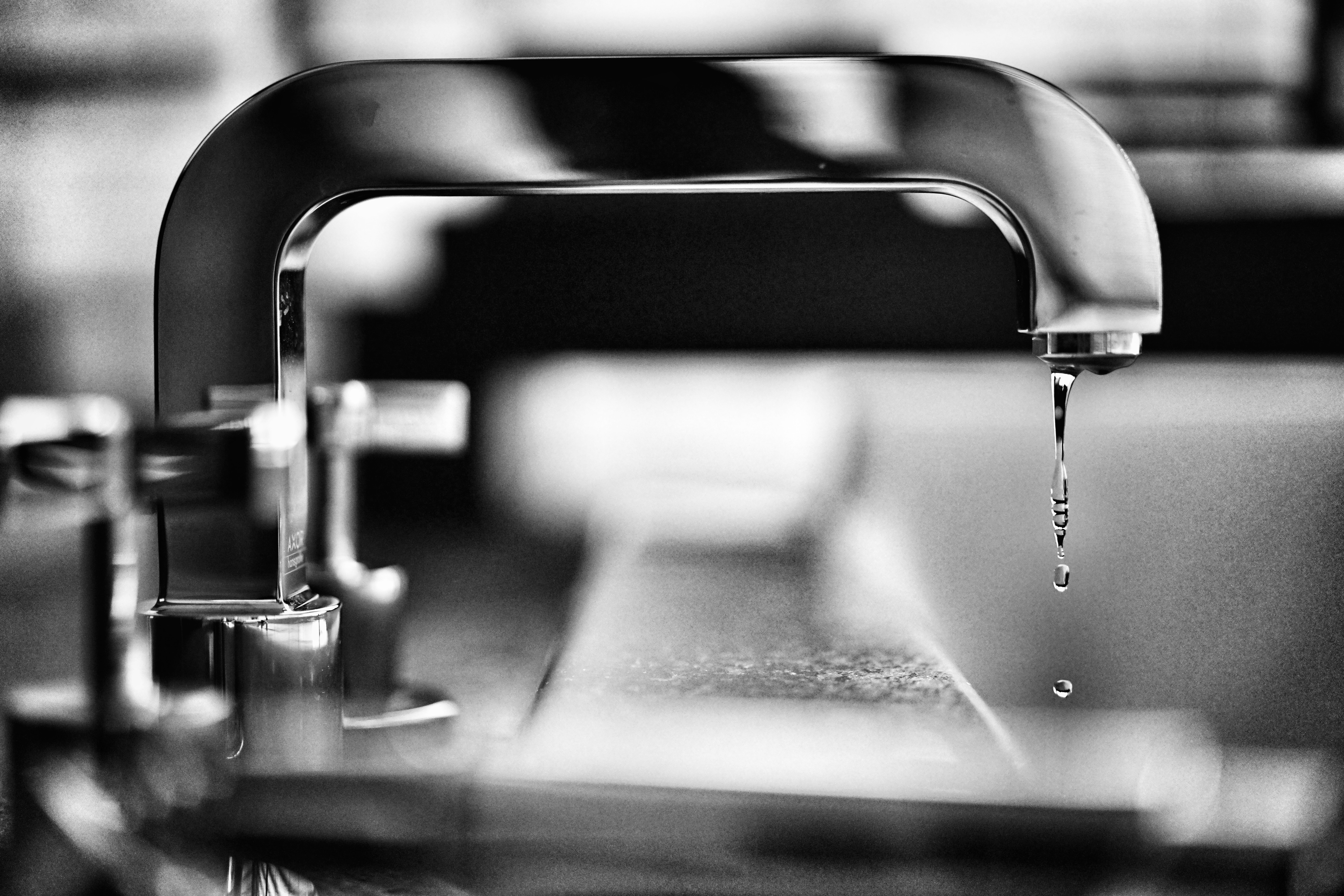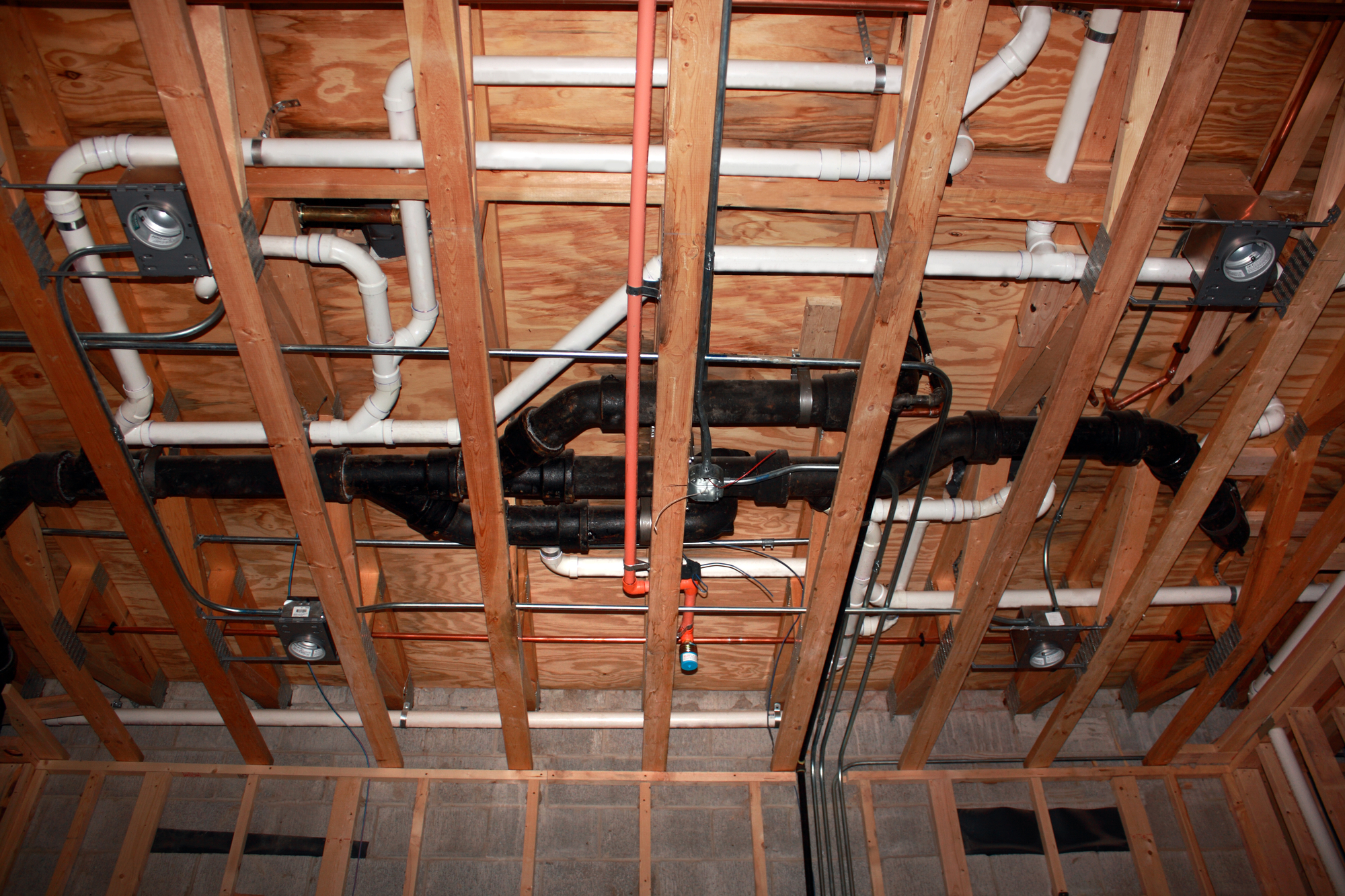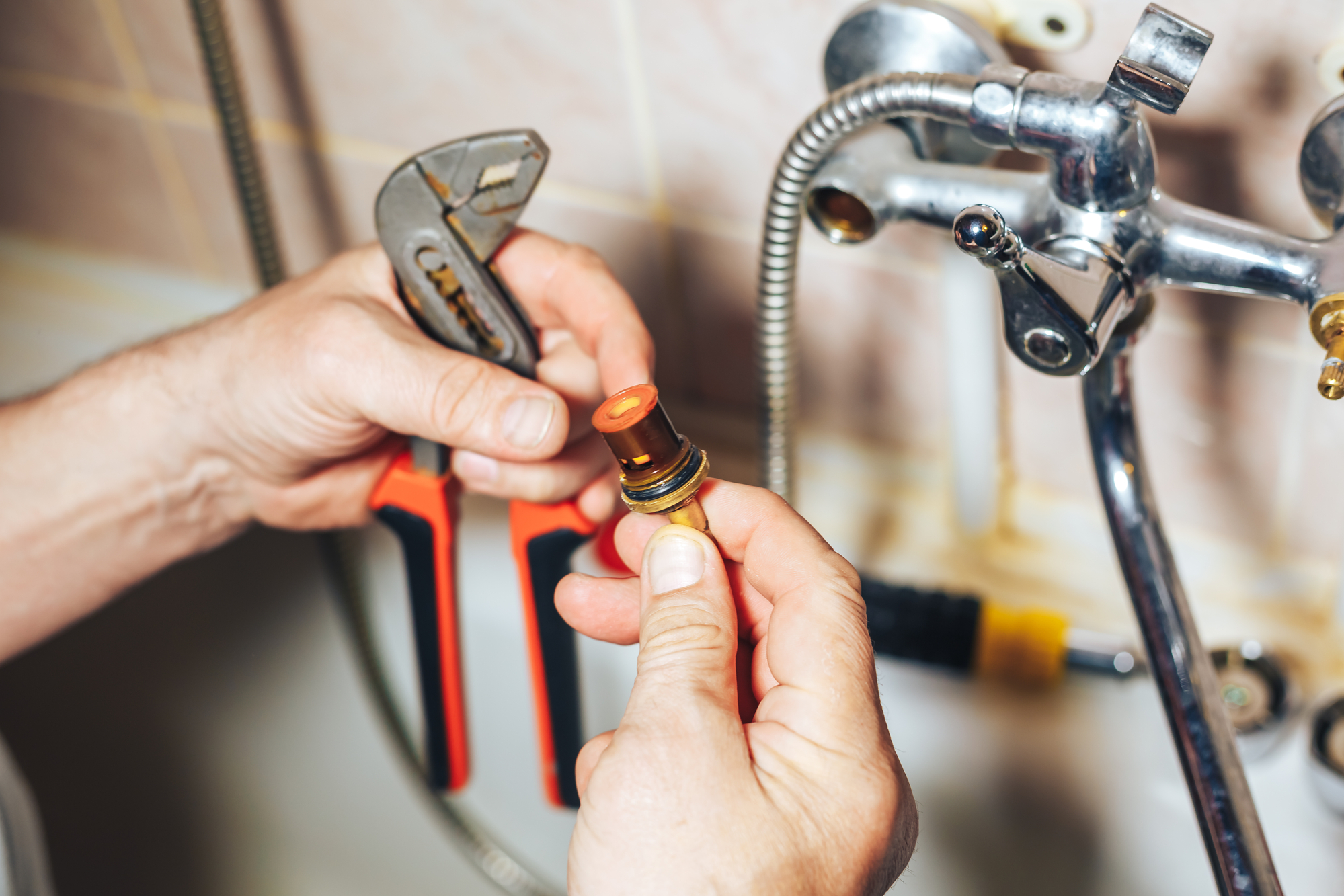As the owner of a small kitchen, you may be of the opinion that extra appliances are simply not possible. After all, there’s already so little space, and it seems like you’re always struggling to find a spare square inch. However, with the right approach, it is possible to add a dishwasher to even the smallest kitchens out there. In this article, we’ll be discussing the different steps and considerations you need to keep in mind as you go through the process of adding a dishwasher to your small kitchen.
Choose The Right Type Of Dishwasher
Before we dive into the installation process itself, it’s important to make sure you’ve selected the right type of dishwasher for your kitchen. Compact dishwashers are definitely the way to go if you’re working with limited space. These dishwashers are only around 18 inches wide, compared to the 24 inches which is standard for full-sized models. However, it’s worth mentioning that these compact options are ideal for households consisting of one or two people, rather than larger families.

Another option to consider is a countertop dishwasher. As the name implies, these dishwashers sit on top of your kitchen counter and are a great alternative to small dishwashers – especially if you can’t find the space for one.
Obtain Necessary Permits
Different cities or states may require permits before the installation of any appliance. Make sure you’re familiar with the laws and requirements before you proceed to buy and install your new compact dishwasher. If a permit is needed, ensure that you have obtained it before the actual installation process.
Measure The Space
The first step to adding a dishwasher to your small kitchen is to examine the space that you have available closely. Measure the area underneath your kitchen counter or wherever you’d like to install the dishwasher. You need to ensure that there is enough room to accommodate the dishwasher and its hoses while still leaving space for storage and walking. You also want to make sure that you have space for the electrical connection and the plumbing.

If the measurements confirm that you have enough space, proceed to purchase a compact dishwasher that can fit the dimensions of your cabinet. Don’t fret if you can’t find the perfect size – most dishwashers come with adjustable legs which you can set to a custom length to fit your space.
Modify Your Plumbing And Electrical
After purchasing the dishwasher, the next step is to install a plumbing system and electrical connection in the small space. As far as plumbing goes, you’ll need to ensure that the dishwasher’s hose can connect securely to a water line and drain, just like your existing kitchen sink. If you’re unsure of how to go about it, or if you want to play it safe, consult a professional plumber for safe installation.
For electrical connections, you may need an electrician to install a GFCI electrical outlet to connect the dishwasher. You may also need an extension cord to the outlet, depending on where the outlet is situated. Keep in mind that it’s crucial that the dishwasher is correctly grounded and is switched off before you proceed to connect it to the electrical circuit.
Install The Dishwasher
Now that you’ve got all of the necessary connections in place, it’s time to get started with the actual installation of your compact dishwasher.
First, slide the dishwasher’s water supply line and drain hose back into the hole in your cabinet. Make sure that you’ve moved any leftover plumbing and electrical connections out of the way before doing so.
Next, attach the dishwasher’s drain hose on the garbage disposal or under the sink, depending on your plumbing configuration. Finally, screw in place the water supply line, making sure that it’s safely tied to the pipe to avoid an accidental disconnect.
Final Touches
With the dishwasher installed, you’re almost set to start using it. You’ll want to check that all connections are secure and that the dishwasher is properly leveled so that it doesn’t rock during operation. Give the electrical connection a final check and ensure that the appliance is grounded before plugging it in.
Conclusion
In conclusion, adding a dishwasher to a small kitchen can seem like an insurmountable challenge, especially when you’re dealing with limited space. However, by selecting the right type of compact dishwasher and keeping your measurements and connections in mind, it’s a challenge that you can rise to. At the end of it all, having a dedicated dishwasher in your kitchen setup is a convenience that’s infinitely worth the efforts and helps save time and energy – even in the smallest of kitchens.






